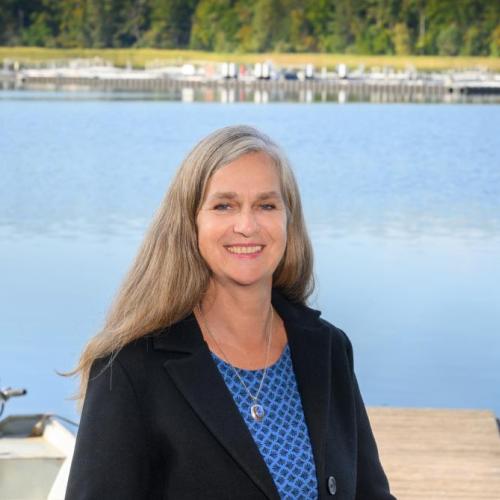CYCLOLIVE
Short profile
Duration

Group picture of visiting the olive oil production mill in the Marrakesh region, Marokko (photo: JC Nejstgaard)

The Mediterranean region faces enormous challenges, including water scarcity, rising energy costs and unsustainable energy costs and unsustainable agricultural practices such as excessive use of fertilizers and pesticides fertilizers and pesticides, which lead to soil degradation and lower productivity. Among the agricultural production in the Mediterranean, the olive oil industry stands out as one of the most important, but also the most environmentally damaging. Byproducts such as wastewater and solid waste are generated, whose chemical composition makes them difficult to manage and dispose of. CYCLOLIVE is a multidisciplinary project with nine partner institutes from Morocco, Spain, Tunisia, Jordan, Türkiye, Italy, France and Germany and has been formed to conduct joint research and develop technical innovations to solve current environmental problems related to agricultural practices. The aim of the overall project is the reCYCLing of byproducts from OLIVE oil extraction for sustainable agricultural practices in the Mediterranean region, i.e. from waste to resource.
In the CYCLOIVE project, the FVB-IGB team will contribute its expertise in monitoring water bodies for biological, chemical and physical parameters, as well as the design, construction and operation of mesocosm of mesocosm facilities to carry out experiments on the effects of differently treated byproducts of olive oil production on more natural aquatic ecosystems. The FVB-IGB-team will also lead the construction and testing of cost-effective irrigation control systems. The FVB-IGB team provides information that will be used to develop treatment and recycling of wastewater from olive oil production and renewable energy strategies into practical and innovative solutions that are user-friendly, environmentally friendly, cost-effective and sustainable. CYCLOLIVE makes an important contribution to the European Green Deal, which aims to achieve climate neutrality by 2050.

Group picture of the CYCLOLIVE project partners during the Kick-off meeting in marrakesh, Marokko (photo: JC Nejstgaard)

Group picture of visiting the olive oil production mill in the Marrakesh region, Marokko (photo: JC Nejstgaard)

Branch of an olive tree (photo: SA Berger)

Zat river close to olive tree plantations and olive oil mill (photo: SA Berger)

Sampling and measurements in side irrigation channels of the Zat river (photo: JC Nejstgaard)

Sampling and measurements of the Zat river water reservoir close to the new dam (Foto: JC Nejstgaard)

Olive mill waste water (OMWW), a byproduct of the olive oil production (photo: SA Berger)
EU PRIMA, BMBF



